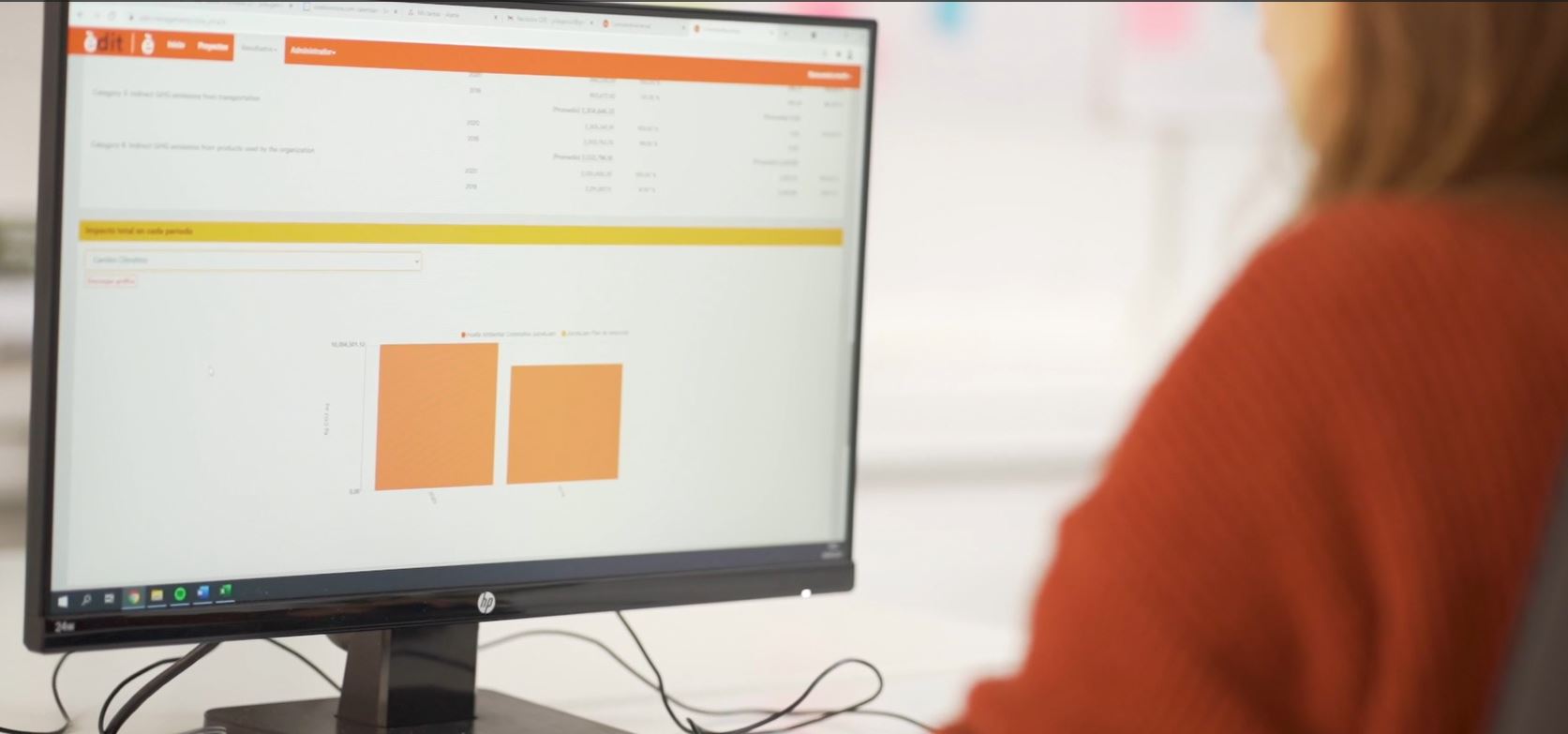
Cost estimation expert
Get to know this occupation
Description
This expert's task involves determining the cost of a new project, product, service or facility (whether a building or a piece of infrastructure) and analysing its components. It requires good analytical accounting skills and experience with the relevant IT tools (specialised cost-benefit analysis software).
Tasks
Although they are similar, it is worth distinguishing between the tasks performed when estimating the cost of new products (goods or services), projects for industrial and services firms, and when it is a matter of estimating the cost of a construction project.
When estimating the cost of new goods, services and projects, these professionals must be extremely precise with their costing of different components. As such, they must perform the following tasks:
When estimating the cost of new goods, services and projects, these professionals must be extremely precise with their costing of different components. As such, they must perform the following tasks:
- Prepare an itemised breakdown of the parts of the good or service that must be produced internally within the company or externally.
- Analyse the cost of purchasing them (call potential suppliers to find out).
- Analyse the cost of producing the goods or services within the company: study each of the steps required for internal manufacturing, from the design phase to production. To this effect, draw up schedules and timescales (for example, for the design phase, bearing in mind not only the time involved in designing per se, but also the time required by trial and error tests and reworking designs), define learning and life cycle curves (usually, the more a product is manufactured, the less it should cost to make), calculate the resources required for production (workforce, machinery) and determine how much they cost. This phase of work is carried out in conjunction with the the company's industrial engineers. Other costs that must be determined also include those relating to software (software development is increasingly expensive and extremely difficult to calculate); for this reason, there are cost estimators who specialise exclusively in this area.
- Once the internal production or external purchasing costs have been determined, cost estimation experts must decided which of the two options is the most cost-effective for the company.
- The bulk of this work is done using computers, which are extremely useful for producing calculations and estimations and minimise a routine and repetitive part of the role.
- When a site is suggested for a new construction project, it is necessary to ascertain whether it has all of the general facilities required (gas, electricity, water, drainage, communications, telephone line, etc.) or whether these will need to be requested.
- Analyse the topography of the site and the difficulties for building on it.
- Define the cost of the construction project: materials, machinery, workforce, the elements, insurances, taxes, etc. This is an extremely specialised roles and, in the case of big construction companies, or consulting and engneering firms, these professionals may specialised in particular areas of the construction phases.
- Once the cost estimate has been finalised, provide information and define the criteria for determining the case for carrying out the project in question (at least in the conditions set up to that point).










 | Catalan | Beginner
| Catalan | Beginner | Catalan | Advanced
| Catalan | Advanced
 Open
Open



 | Catalan | Beginner
| Catalan | Beginner


